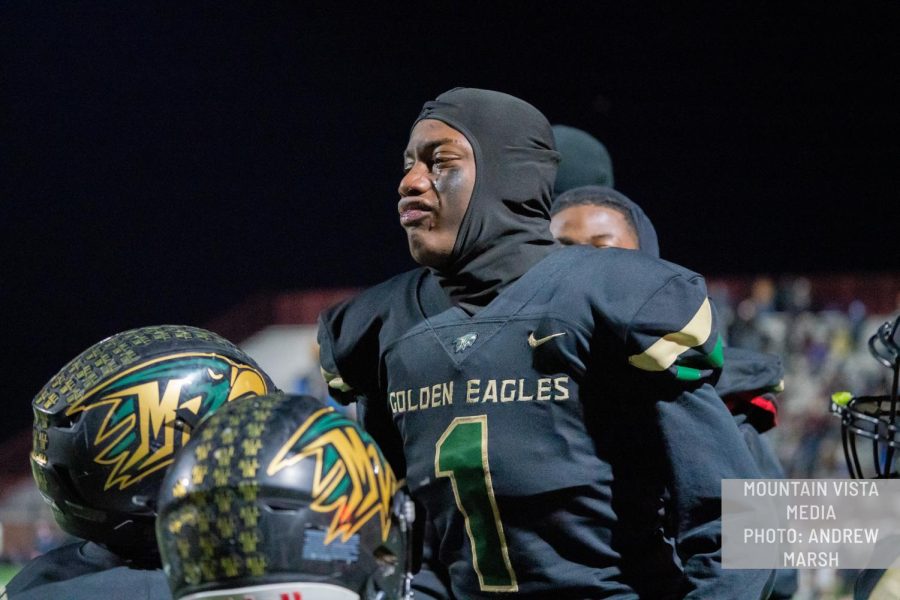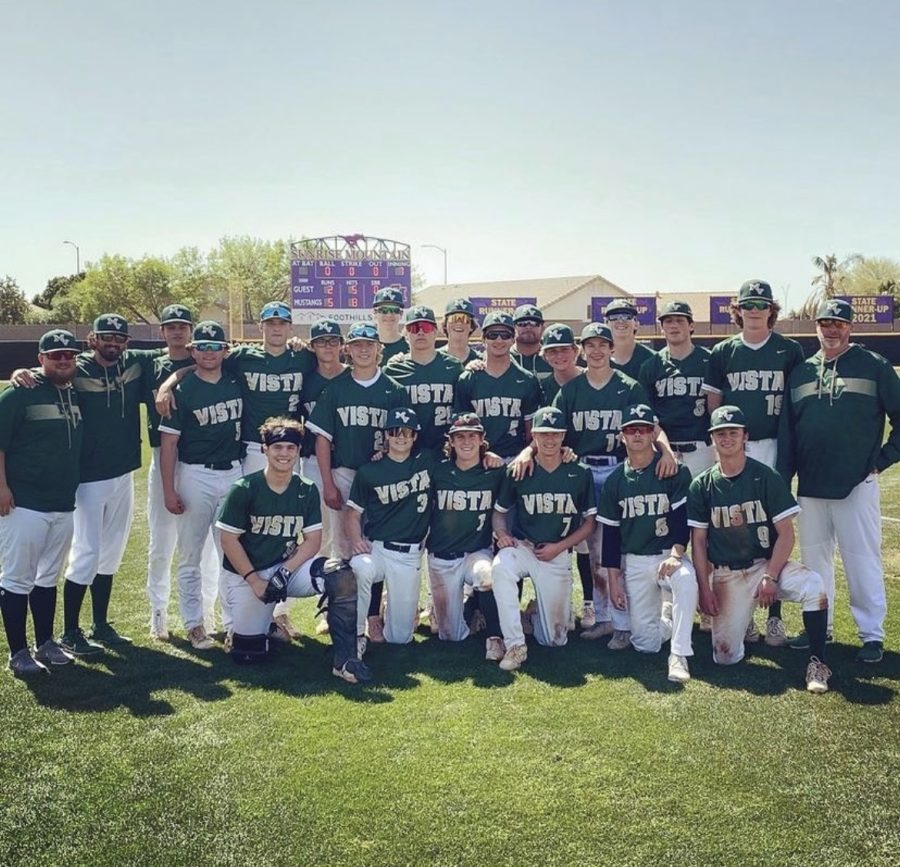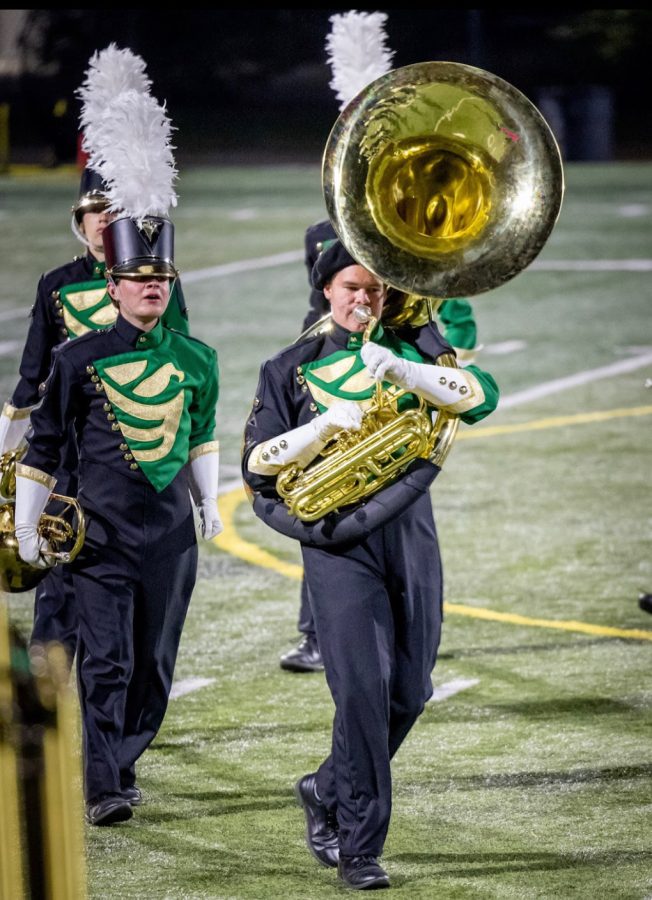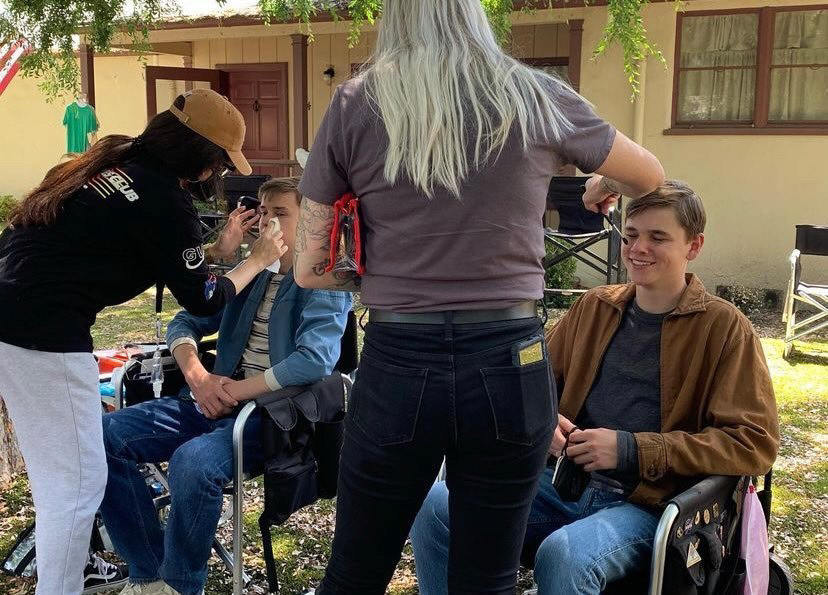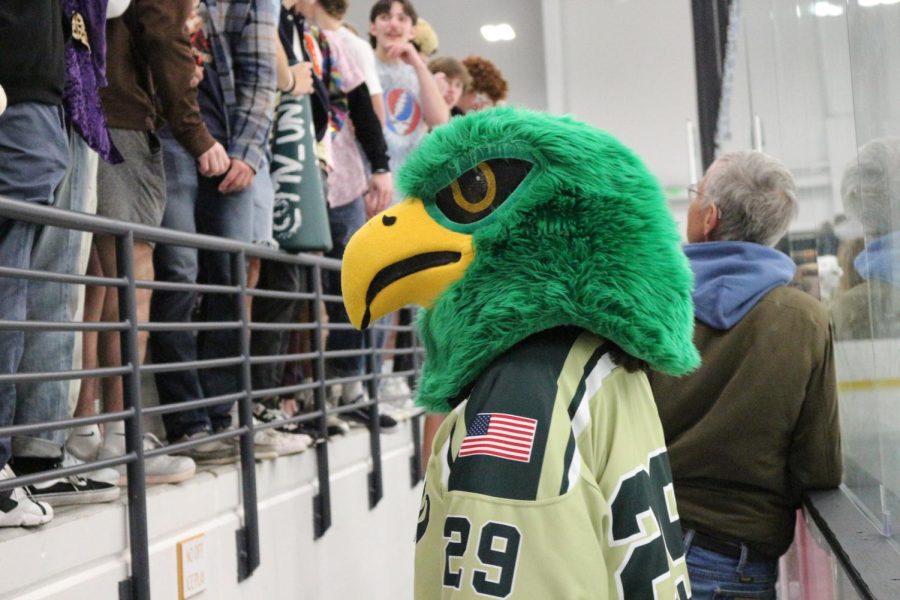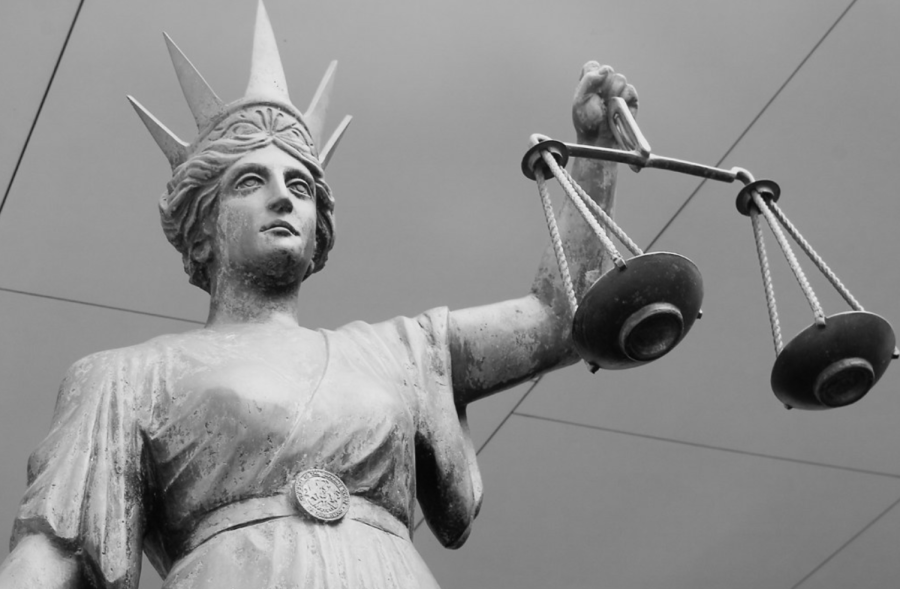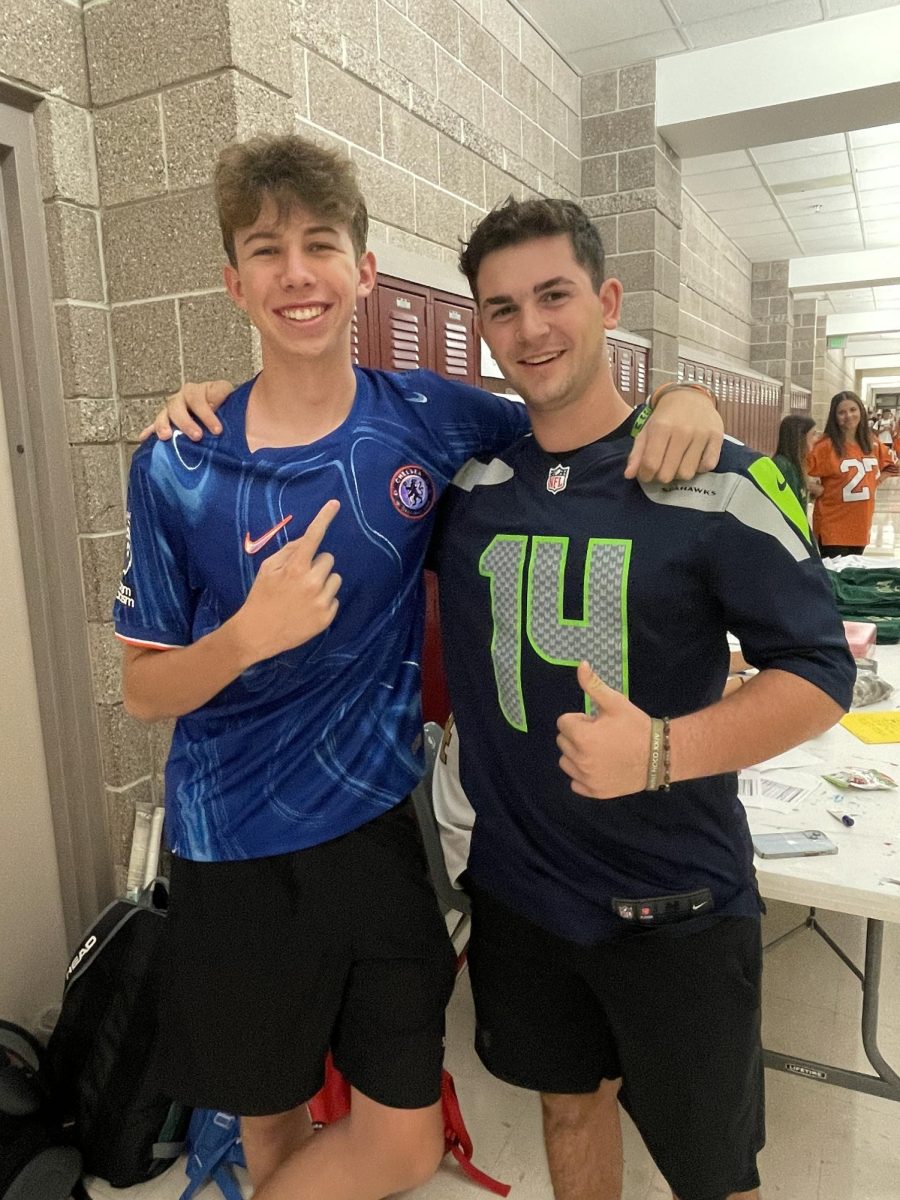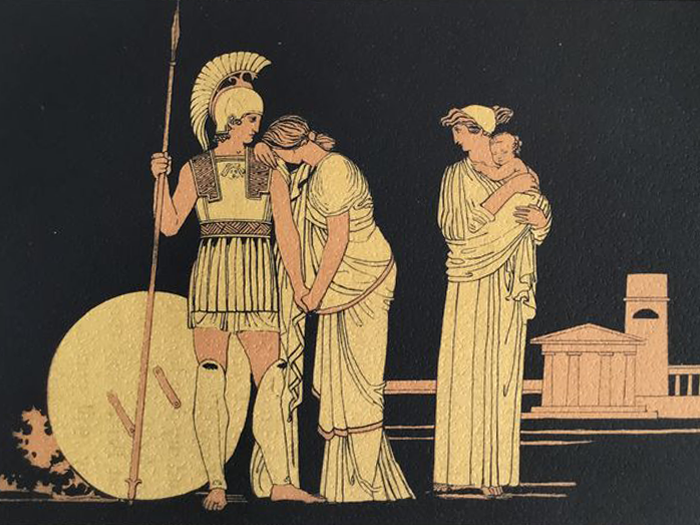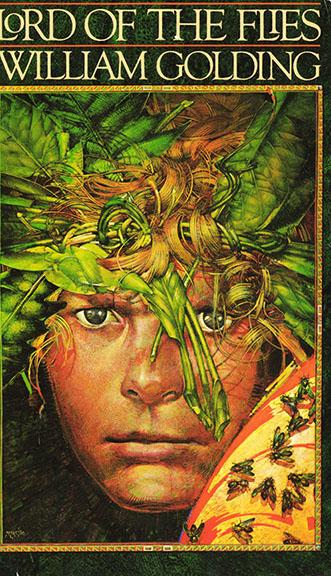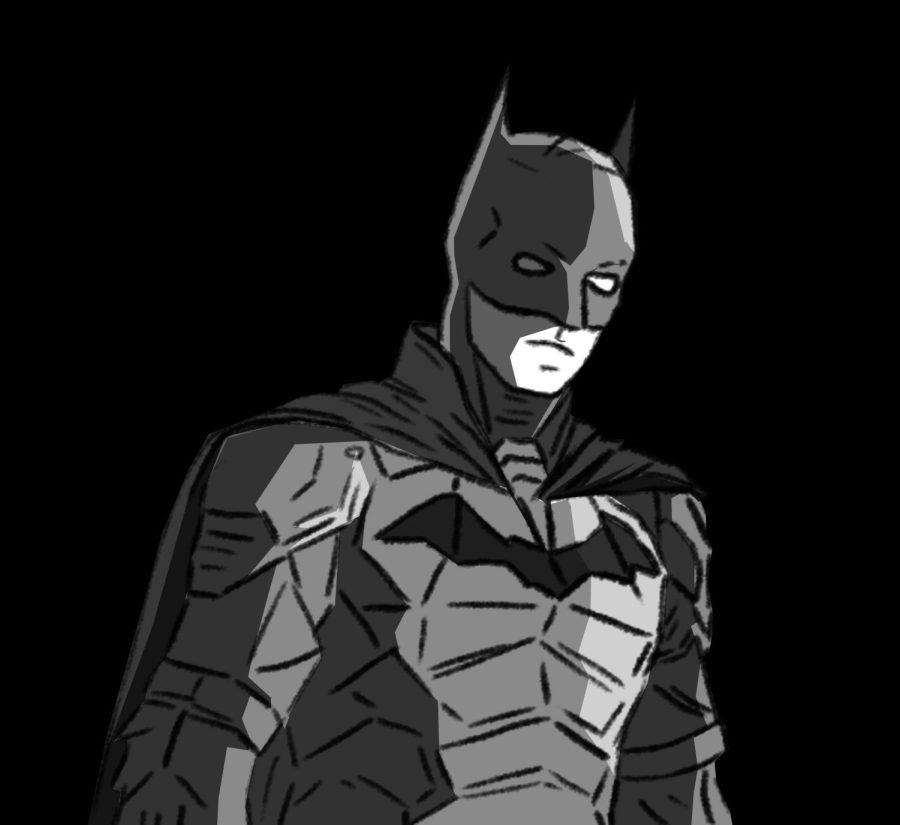Kit Miller
WARNING to Freshmen: This blog post contains spoilers.
I have 2nd period off and I spend my free time hanging out with Mr. Hoefs and his Creative Writing class. The other day the Creative Writing students learned about LOCK plot (plots that include a strong Lead, an Objective, Conflict, and a Knockout ending) and Mr. Hoefs asked me to help them apply LOCK to some popular stories. Naturally my mind went to books read in English classes, since most people are familiar with them, so I started talking about my favorite book from ninth grade: “Lord of the Flies” by William Golding. When Mr. Hoefs came around to check on us and we told him we were discussing “Lord of the Flies”, he scoffed at us and asked “out of all the stories you could have picked, you chose that one?”
It had never occurred to me before that anyone could dislike “Lord of the Flies”. When one of the girls asked him why he said that, he asked her “who had the most character development?” and the girl replied “none of them.”
Mr. Hoefs and I usually have very similar opinions when it comes to books, but, sorry Mr. Hoefs, I beg to differ.
It’s impossible to argue that there is no character development when the book does a complete 180. From the time the boys have their first meeting to their rescue, the changes are subtle but there nonetheless. Ralph, the original elected leader, goes from a bratty child teasing Piggy for his asthma to referring to him as his “wise and true friend”. On a similar note, Piggy gains an incredible amount of courage throughout the book. The Piggy that self-consciously compared his large, pale body to Ralph’s lean and “golden” one at the beginning of the story would have never stood up to Jack and Roger the way he did right before his death.
But perhaps the biggest developments come through Jack. There is a lot of speculation where the title “Lord of the Flies” comes from, and it is my personal opinion that the title refers to Jack. When we first meet Jack, he is the choir prefect that commands his classmates like an Army sargeant. In the beginning of the book, Jack is the lord of his metaphorical flies – his classmates. But later in the book, after the successful pig hunt, the deaths of Simon and Piggy, and the rumor of the beast, Jack becomes the literal lord of flies. Flies are attracted to death, and Jack brings death wherever he goes. No matter how hard Ralph fights to maintain his position as leader, Jack commands the island and everything that lives there.
Character development aside, the questions aroused from the themes of this book are enough to put it on the top of my list.
Are humans, by nature, savage? Well people say children are the most pure and innocent of all of us. If that is true, there are two ways we can approach the morality of “Lord of the Flies”. On one hand, as soon as the boys stranded on the island find out there are no adults, they attempt to establish their own civilization with rules and a hierarchy. This could be used to argue that it is our first instinct to be civilized. On the other hand though, the civilization they attempted to create failed, which could be used to argue that no matter how hard we try, we can’t escape our inner savage. We have real life evidence to back up the second option with the demise of the Roman, Greek and Egyptian empires. However, we also have real life evidence that points towards the first option with the establishment of the American colonies and ancient tribes.
While it could be argued whether humans are savages by nature or not, it is a proven fact that humans are pack animals by nature, which leads me to believe that humans instinctively desire a life with order.
What are your opinions? Did you like “Lord of the Flies”? Let me know, I’d love to talk to you!







